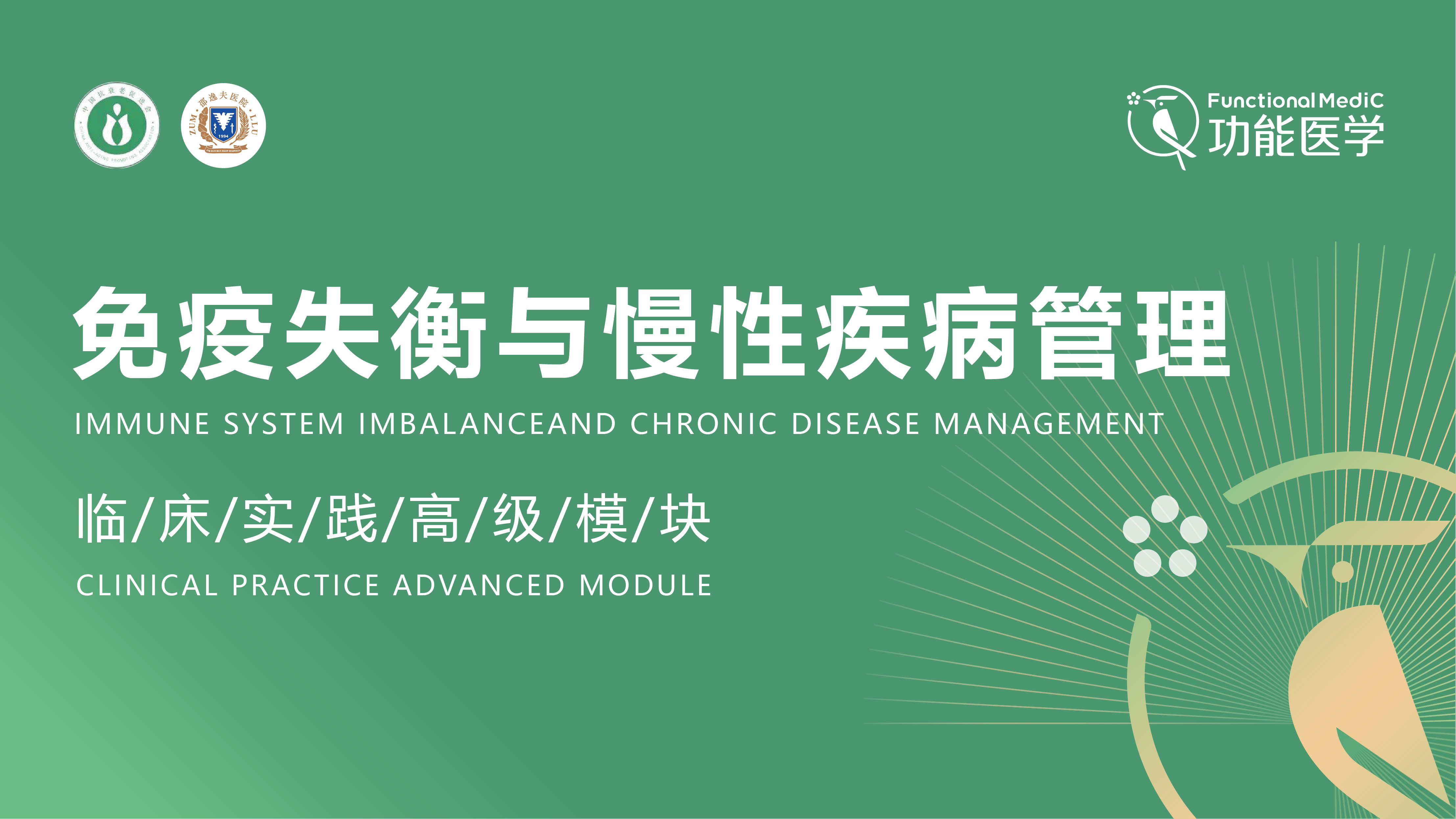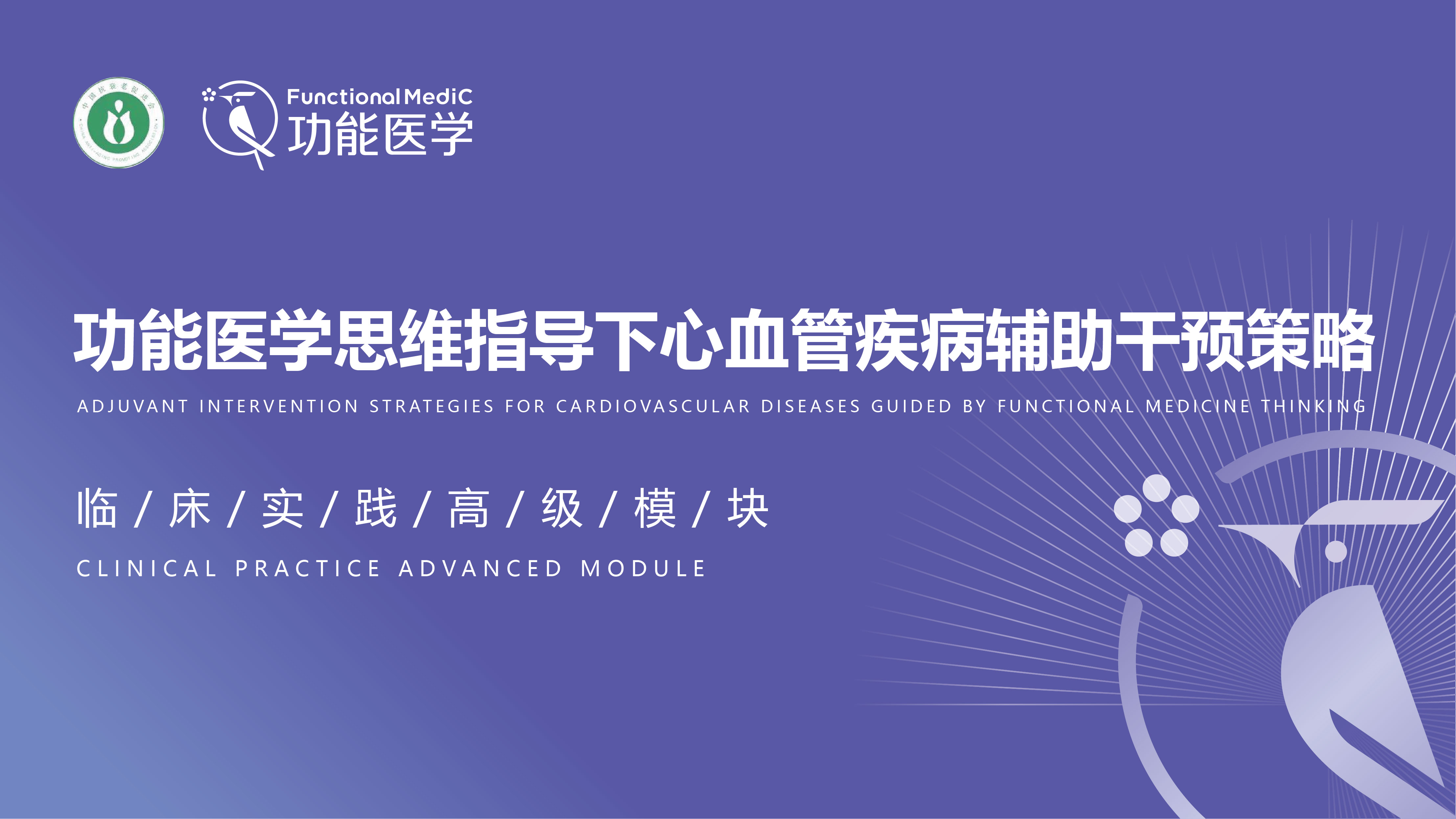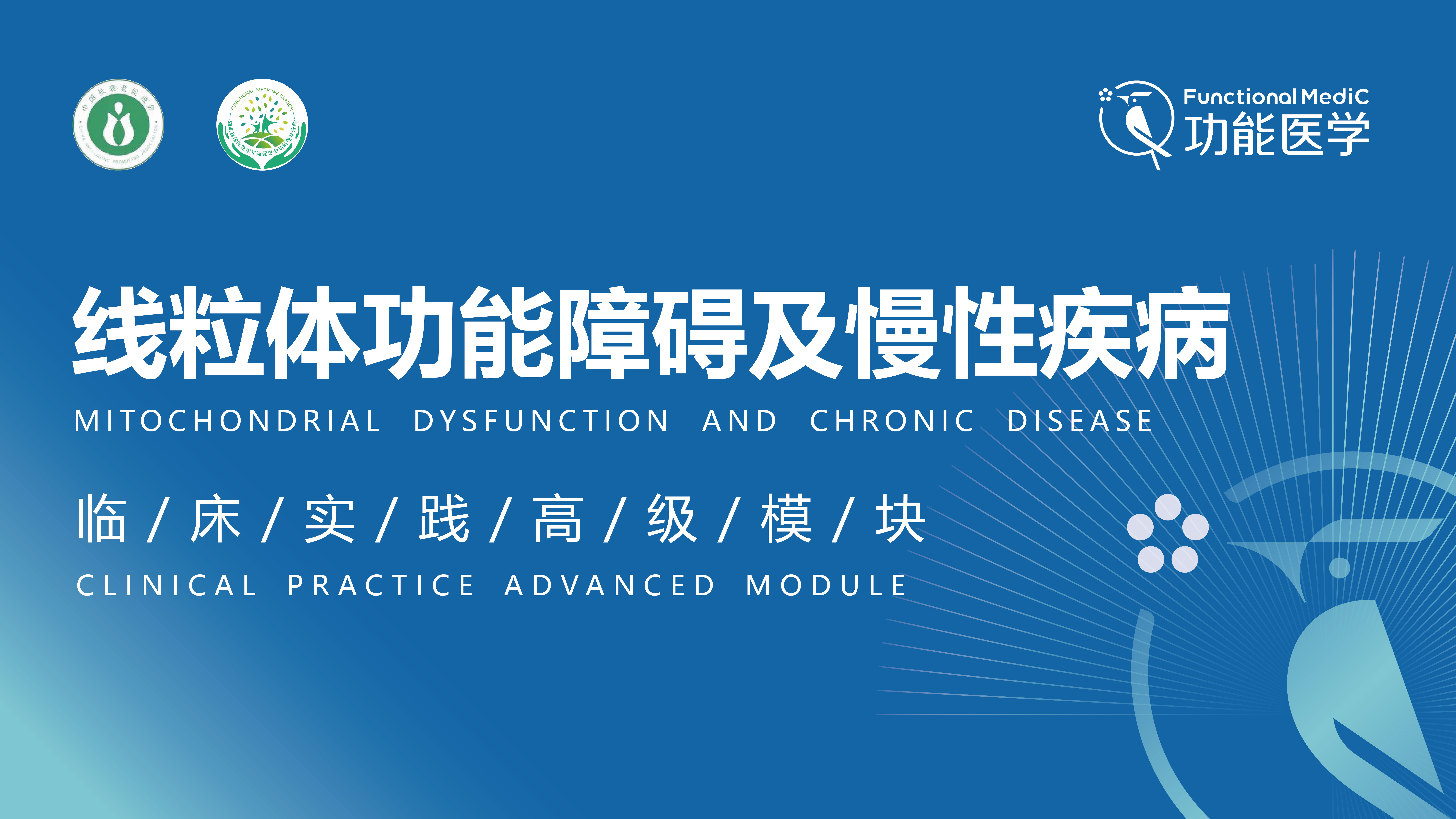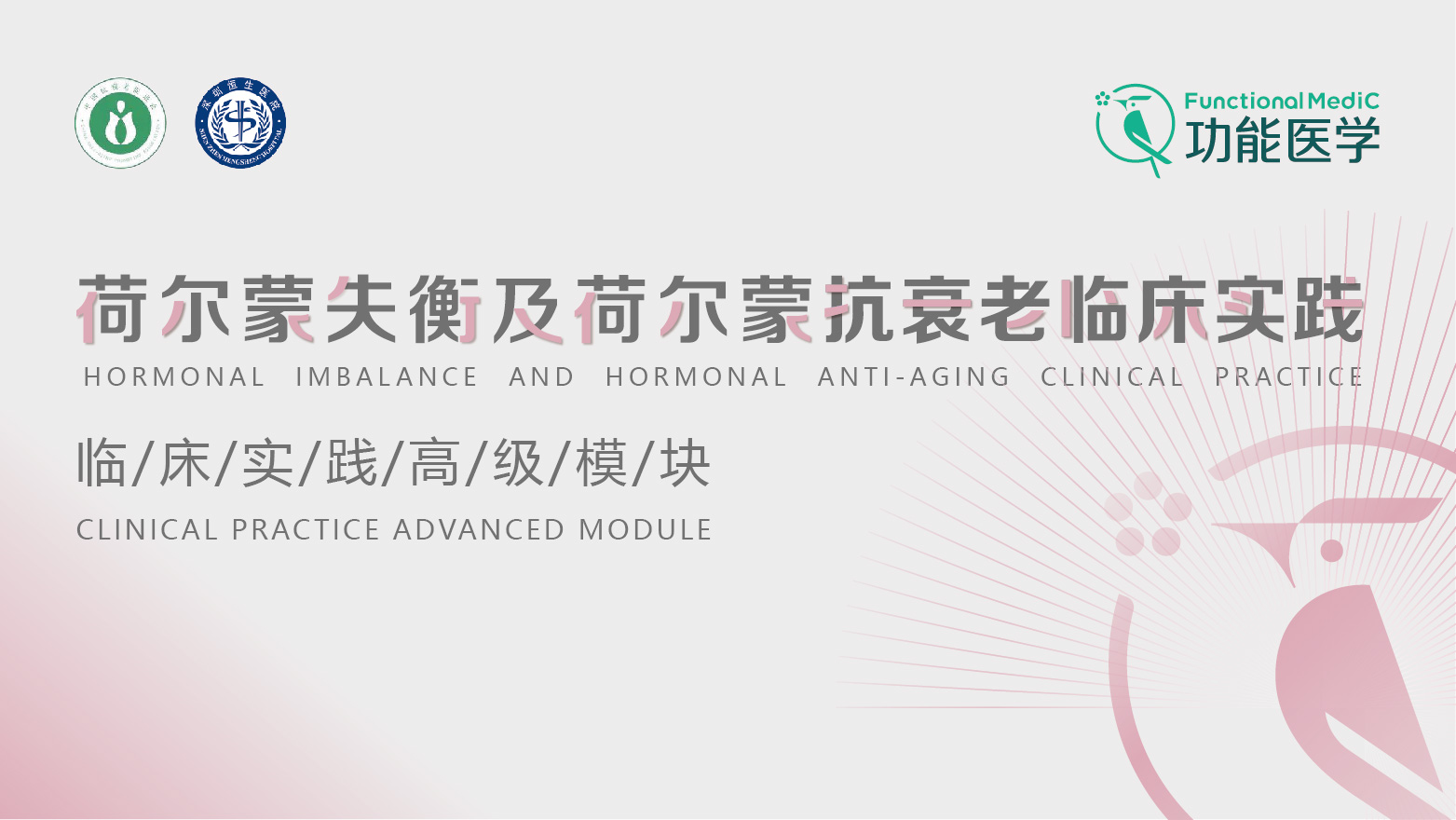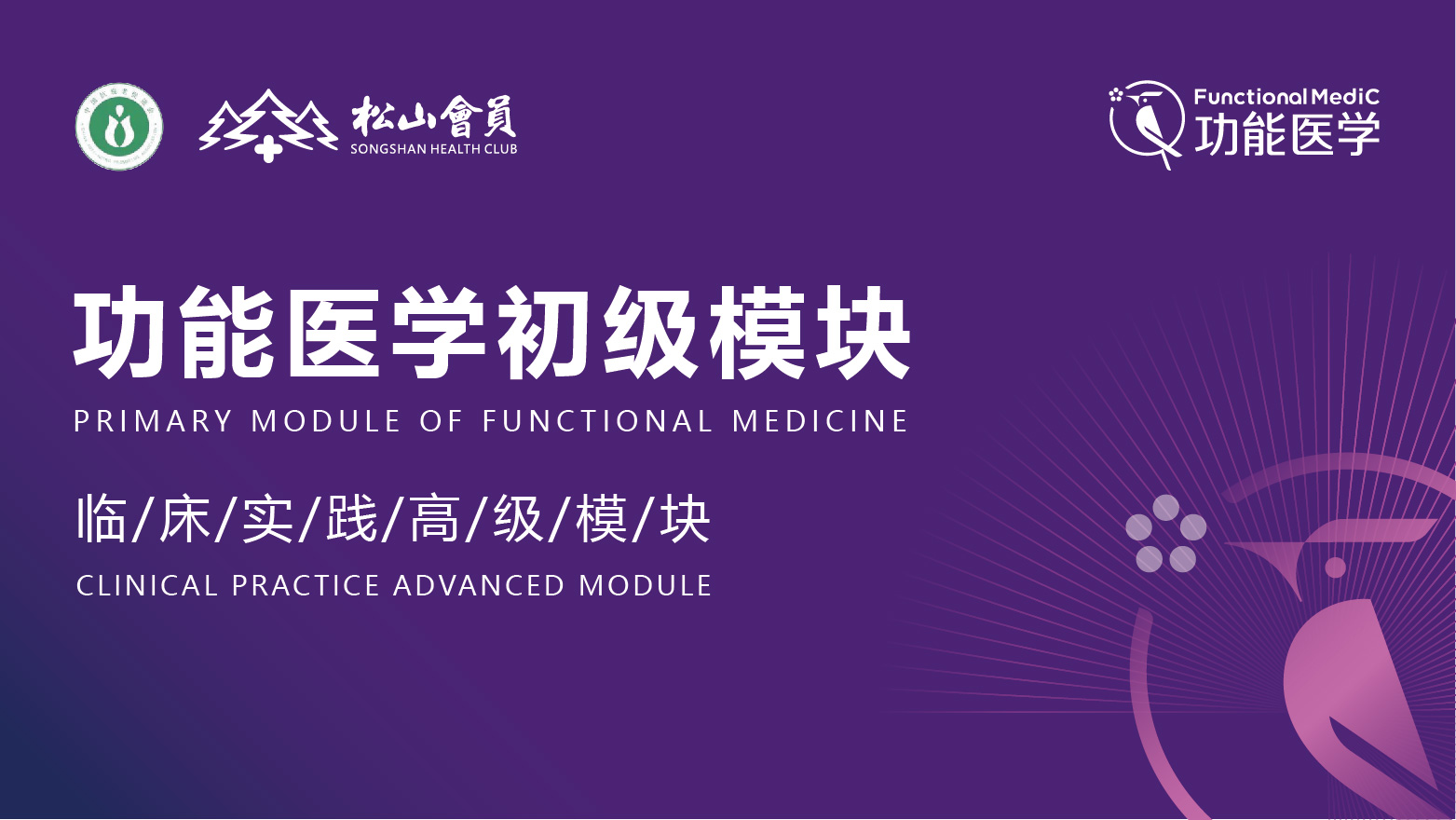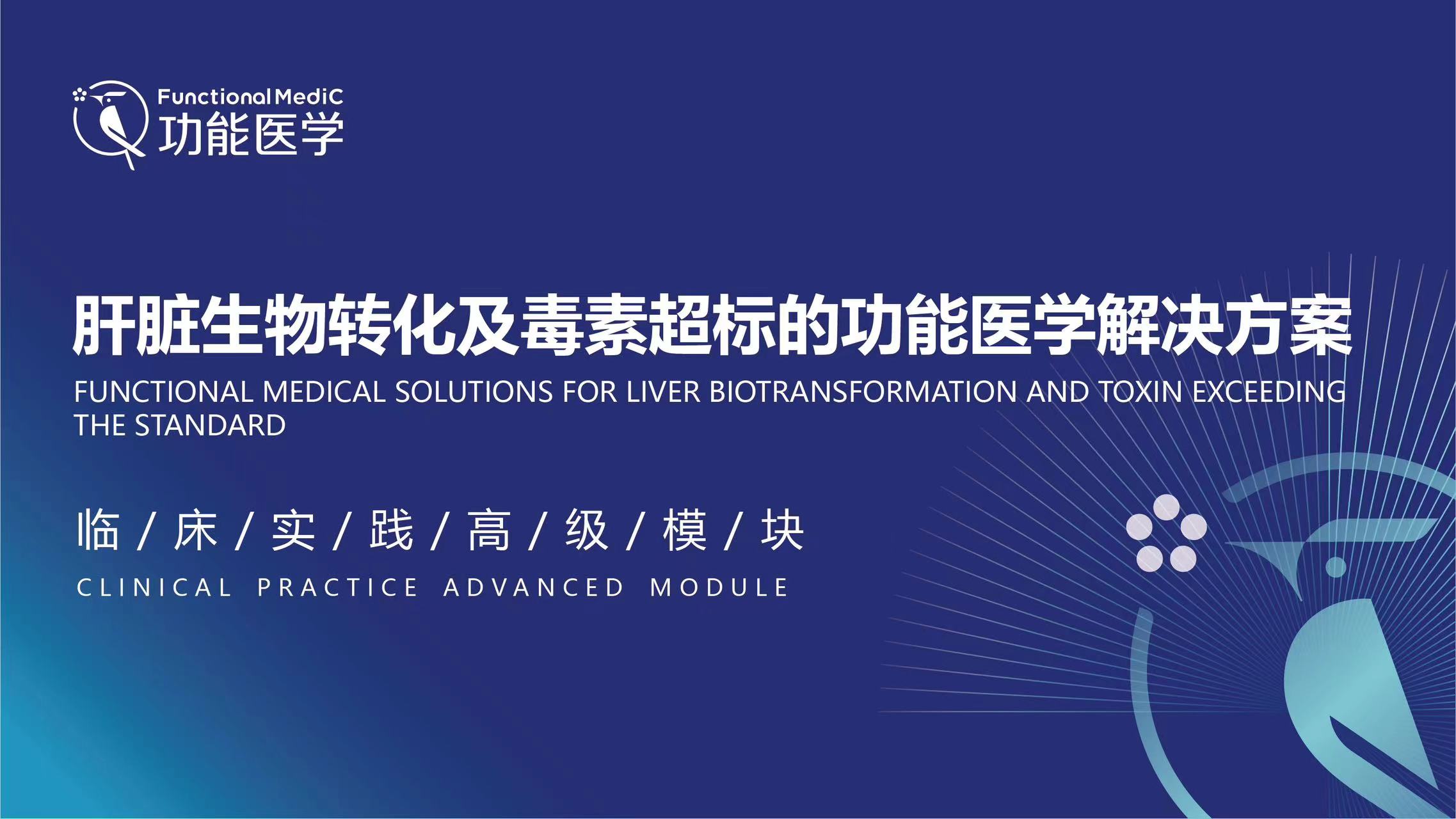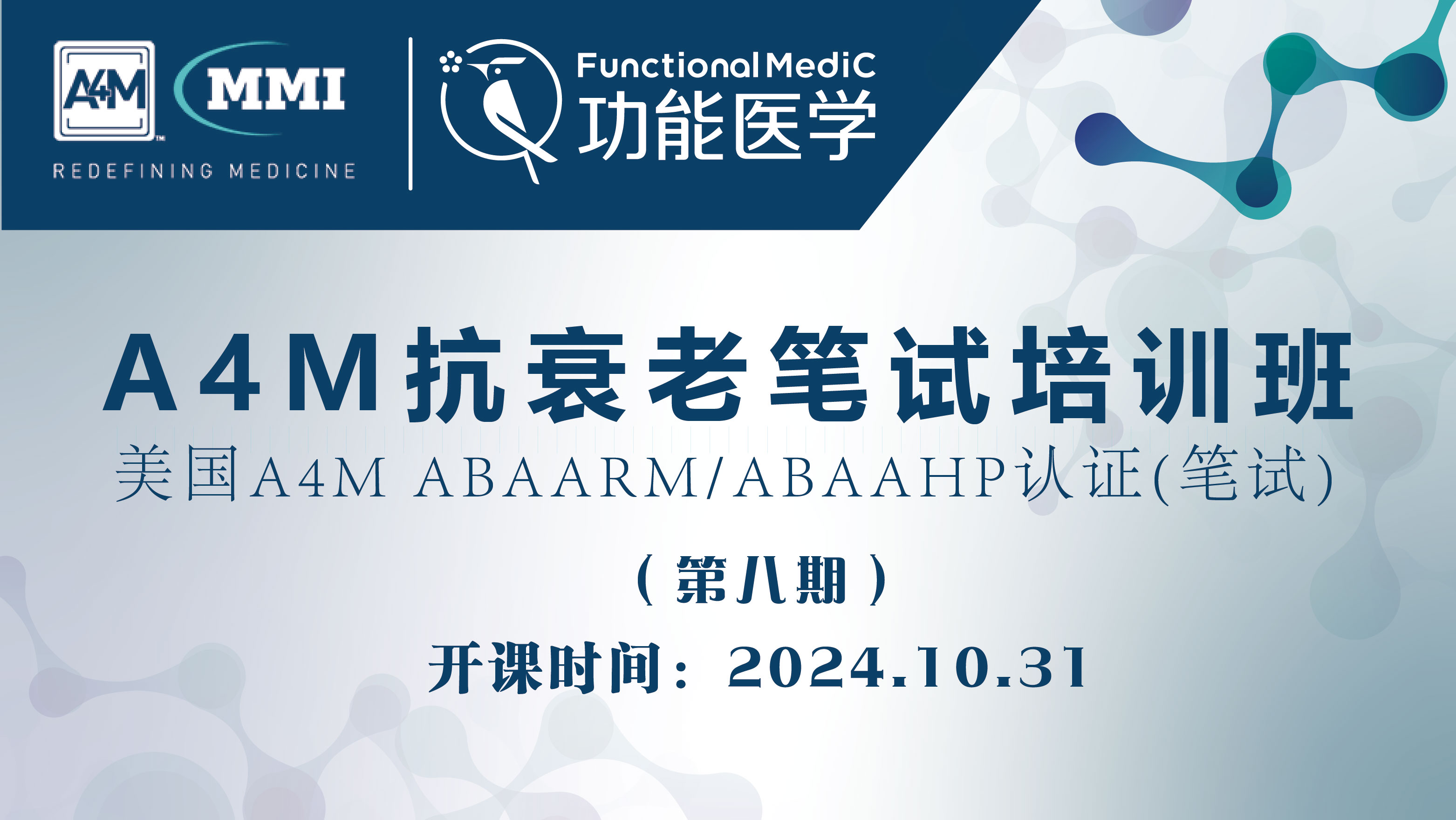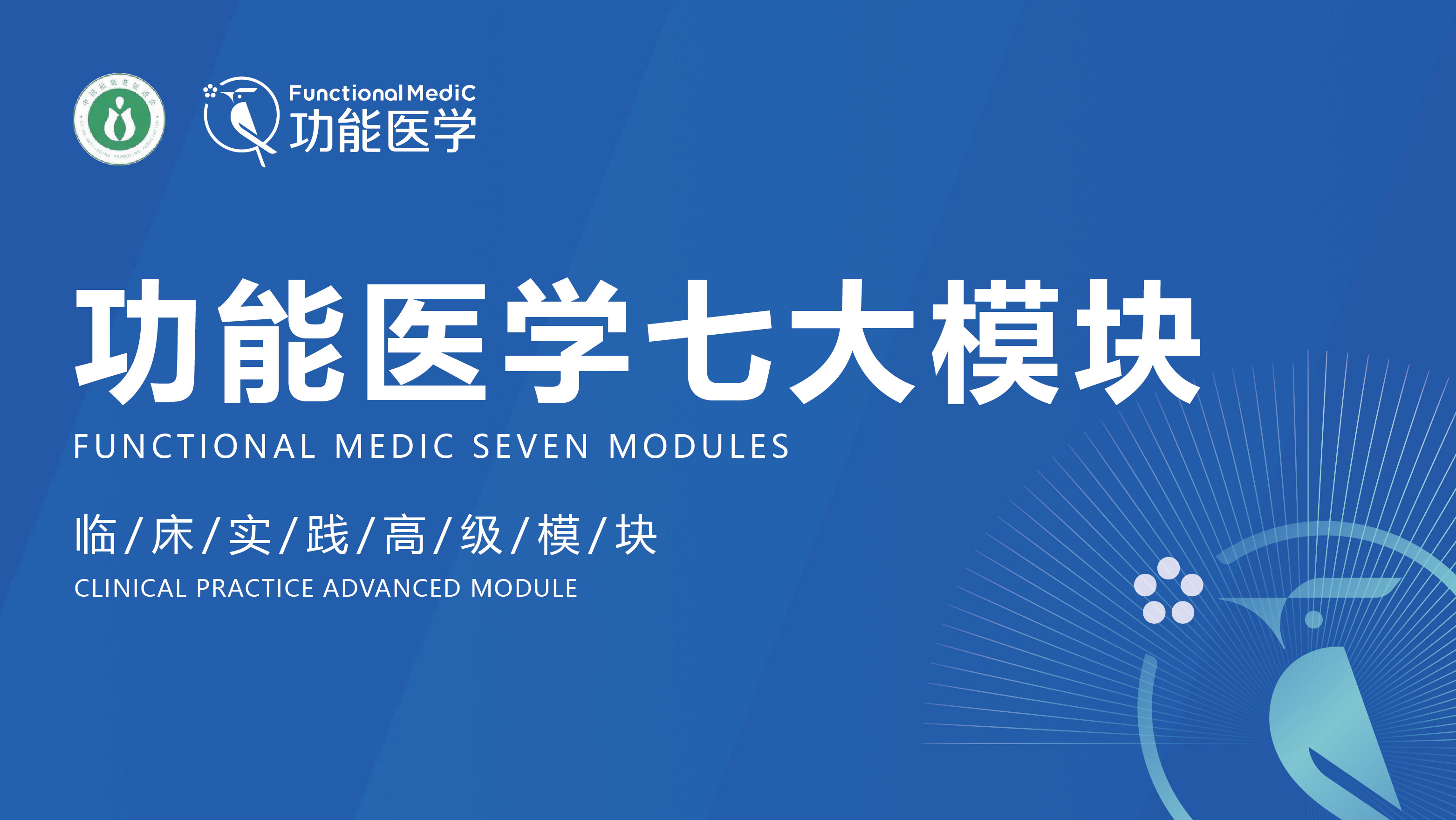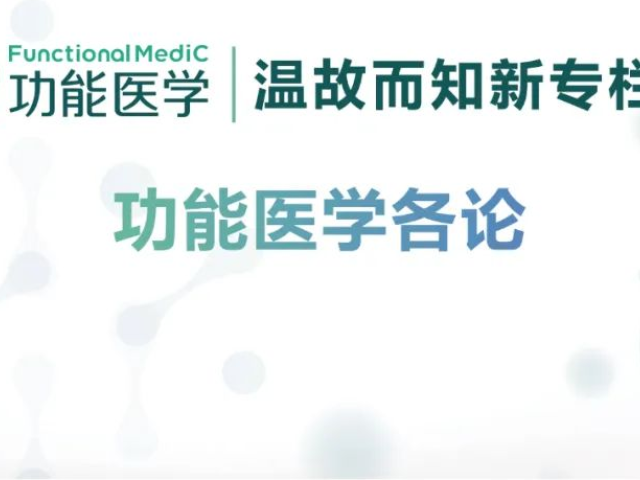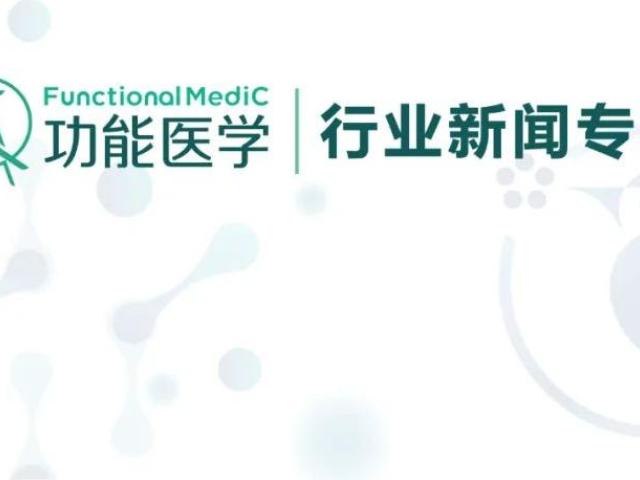
It emphasizes that the prevention and treatment of disease requires the integrated consideration of multiple factors such as genetics, environment, lifestyle and psychology, and the study of what ultimately causes pathological changes in the human body, and promotes the body's natural healing ability through personalized treatment plans.
In the clinical practice of functional medicine, physicians usually conduct a detailed history and a thorough examination to understand the patient's state of health. Treatments may include dietary modifications, nutritional supplementation, exercise, stress management, and other lifestyle changes. This approach is often used to intervene in issues such as chronic diseases. It emphasizes the biochemical uniqueness of the human body, i.e., the way in which each individual possesses the body's physiology, biochemical metabolism, etc., due to differences in genetics and the environment, and it also believes that the body's relationship with the environment has to be kept in a dynamic equilibrium. Functional medicine believes that no two people in the world are exactly alike, so therapies must be adapted to the unique needs of each individual.
Overall, functional medicine is a medical model that focuses on individual differences, pursues etiological treatment, and emphasizes wholeness and dynamic balance, and it has unique advantages and application value in chronic disease management and prevention.


